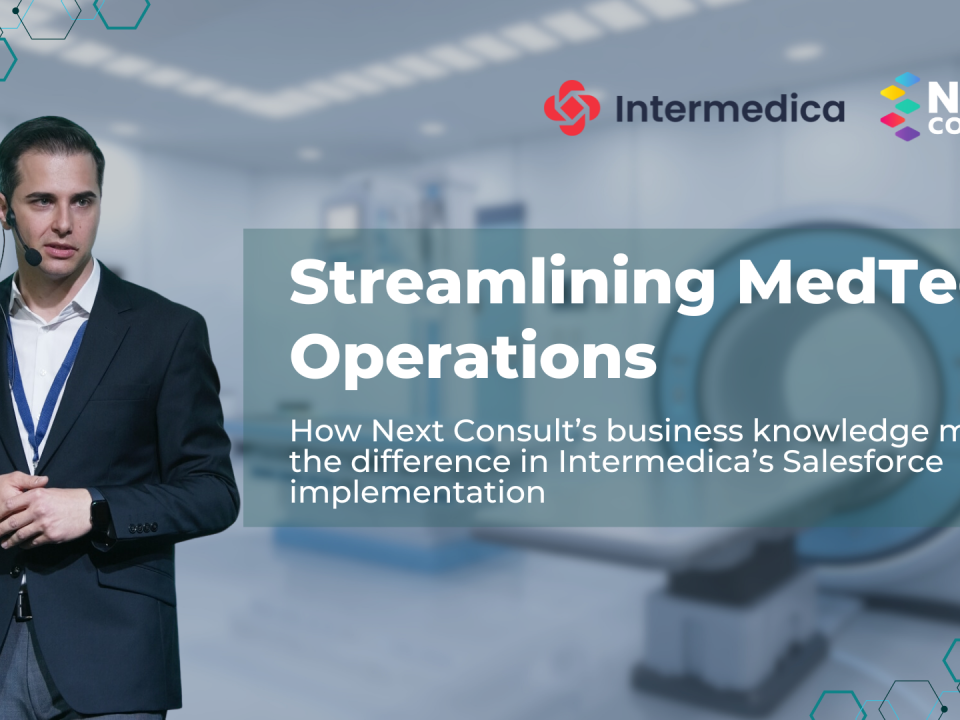"Workers themselves need to take care of the machines they operate on. It is not a matter of whether mechanics are available or not but rather it is a matter of fine upbringing, training, and engagement with what you work with."
Peter Grancharov, Project Manager and Facilitator of "20 Keys®", Rollplast
The wholly Bulgarian-owned company Rollplast was founded in 2000. Originally, its primary business activity was the manufacturing and sales of indoor and outdoor sunblinds. Through its 15-year history, the company managed to become the largest manufacturer of windows, doors, sunblinds and facades in Bulgaria and the whole Southeast Europe. Its manufacturing base is located in Kostinbrod on over 75 thousand square meters, 15 thousand of which are a built-up area with workshops for windows and doors manufacturing, glass processing and manufacturing, sunblinds and mosquito nets manufacturing, and profiles foiling.
The Challenge: Continuous Improvement and Efficiency Enhancements
The company’s largest source of pride is its brand new wooden windows manufacturing line. With the rising trend of natural materials use, Rollplast believe that markets in Western Europe will welcome their new products gladly all because of their excellent quality, competitive prices and fast delivery periods. Rollplast has an extensive trade network spanning across the country, consisting of 52 wholly-owned and 98 franchise outlets. It also maintains 29 wholesale warehouses in Bulgaria, 5 in Macedonia and 14 in Serbia. The staff of the company amounts to 500 employees while the annual sales revenue exceeds 45 million Bulgarian levs. The rapid organizational development and entry into foreign markets, however, created the need for taking the organization’s manufacturing processes to the next level so that Rollplast can become even more competitive.
Thus, the management is well aware of the need to introduce a system which ensures continuous improvement and increased operational effectiveness. Following a meeting with Next Consult’s team, the leading Bulgarian business consulting company, at the end of 2014, the management made the decision to implement the Japanese lean program 20 Keys®. The vast expertise Next Consult’s consultants possess in the completion of over 250 projects on topics such as business strategy, marketing, business process optimization, and operational efficiency allowed them to suggest that Rollplast need a comprehensive program that systematically and consistently addresses all key company areas. The Japanese methodology 20 Keys®, which Next Consult has been certified to implement in Bulgaria by its creators PPORF Development Institute – Japan, is precisely such a program. It has been successfully implemented in more than 700 companies worldwide in various industries, cultures and economic backgrounds. The program covers 20 key company aspects and defines practices for achieving a world class quality through three main objectives:
- Manufacturing with fewer mistakes, less processing, and higher production quality.
- Reducing the time from receiving customer orders to delivering the finished goods.
- Achieving efficiency - less waste of resources and time.
The Solution: The Most Flexible Principles We Recognize as Our Own
The 20 Keys® methodology focuses on applying the Kaizen ideology in transforming the organizational culture from top to bottom. This involves the creation of a team of highly motivated and well-trained individuals and a well-rounded management structure that results in significant gains for both the company and its customers. The main figures of the management team (also leaders of different keys) talk about the program implementation, the difficulties they encountered and the first tangible results.
- Peter Grancharov, Project Manager and Program Facilitator
- Rosen Deyanski, Administrative Director
- Katerina Mikova, Manager Sunblinds Production
- Hristina Maslarova, Manager Production PVC windows
Peter: When a company starts expanding, the need for strict management rules becomes apparent. Without rules, the “production train” may get easily derailed. There are several lean systems on the market, but the 20 Keys principles are perhaps the most flexible ones that we recognized as our own and Next Consult are the best consultants working with that program.
Hristina: Practically, the company changes each year and we improve something in the workflow. At one point, we realized that we need consultants, or outside observers, to look at the company and tell us the right path ahead. It is a fact that each year is different both in terms of the manufacturing processes and the communication among departments. So the time has come for well-thought-out decisions and rules.
Rosen: Rollplast is a wholly Bulgarian-owned company that started off with barely 4-5 employees. Its first 7-8 years were characterized with rapid development as the annual sales growth rate exceeded even 50%. By 2008-2009, the company had significantly grown and we felt the need to implement management practices that ensure sustainability. Unfortunately, the turmoil of the financial crisis took over and we redirected our efforts towards retaining market positions, since our industry was hit most badly. Another necessity that encouraged us to pursue new management techniques was the need to be more competitive, especially in foreign market. Then, we met Next Consult.
Hristina: The 20 Keys® system presentation was at the end of 2014 in front of the entire management team and we all agreed that this is "our" system.
Katerina: Sure, we shared the decision to implement the system with absolutely every employee in the company. They initially found it difficult to understand what the benefits are and perhaps even saw it like extra workload. Our task was to show them as fast as possible the real benefit for them and diminish their distrust. Today, people embrace the changes as something positive that enables them to express themselves and see their personal contribution. This further enhances their motivation for work.
Peter: I would like to draw your attention to the fact that the earlier a company starts implementing such a system, the easier it will be. There is no need to wait to become a company employing 400-500 people because then the structure is more intricate and every step towards change is more complicated.
Rosen: Together with our partners from Next Consult, we decided where to start our work from. To this end, they performed an analysis of our organization that pointed out to us the most relevant keys. The core focus were our strategic priorities and the areas that needed greater improvement (quality management, equipment maintenance, production planning) and could help us become more flexible.
Peter: The first keys we started with were Cleaning and Organizing the Workplace, Rationalizing the System/Goal Alignment, and Small Group Activities.
Benefits: Everyone’s personal contribution is important for success!
Hristina: We trained all employees on each key, thus showcasing the current state and the future goals. Then, we made boards to display goals, proposals for improvement, and issues that people encounter. Employees appreciated that every person is significant for the company and thus they got really engaged with the system.
Katerina: It is perfectly understandable that each department has its problems. In these cases, it is best to gather a small team and to share these problems. Employees realized that they are free to contribute with suggestions and are listened to. As managers, we encountered many issues that we did not know about before despite being on the production facilities every day.
Hristina: We had always thought that we managed quality well, but as it turned out there were still things to improve. We had to formulate precise parameters each workshift had to check and organized quality inspections prior to the release of finished products. We even started thinking about the so-called "poka-yoke" solutions that may prevent possible mistakes. We demanded higher quality measures in accordance with European requirements, evaluated each company action and ensured continuity among the various company units. Client claims decreased noticeably and client ratings on the respective products became higher. We follow four indicators: accuracy, speed, quality, and communication. At the beginning, these indicators had an average score of 3.80 but are currently at 4.00.
Peter: Benchmarking is performed for each key at specified time periods. We determine the current state and we set criteria that need to be covered. Cooperation among departments as well as the overall level of organizational communication in the company at all levels improved. Now, when a department has a specific issue, it is everyone’s issue. We are pleased that we built such a fine organizational culture. We also introduced another key that pertained to machine maintenance. The key takeaway is that the workers themselves need to take care of the machine they operate on. It is not a matter of whether mechanics are available or not but rather it is a matter of fine upbringing, training, and engagement with what you work with.
Rosen: Being market leaders compels us to be even better because everyone scrutinizes us and the next in line are ready to outrun us. Our pursuit is international expansion but our strengths such as quality and fast delivery terms require us to comply with very strict standards. The 20 Keys® system changes people’s outlook and shows them that everything can endure change and improvements. Things can always be better and in case someone does not like something, then they need to take corrective actions to change it. During the past two years’ work on keys implementation, the Rollplast team learned that there is no quick and simple recipe for success. We still have a lot of work to do to get on the path of continuous improvement, internal process excellence, and streamlined organization and management practices. At Rollplast, one can already see a new and energized atmosphere in which positive changes are happening more and more often while employees appreciate that their personal contribution matters to the ongoing changes.






